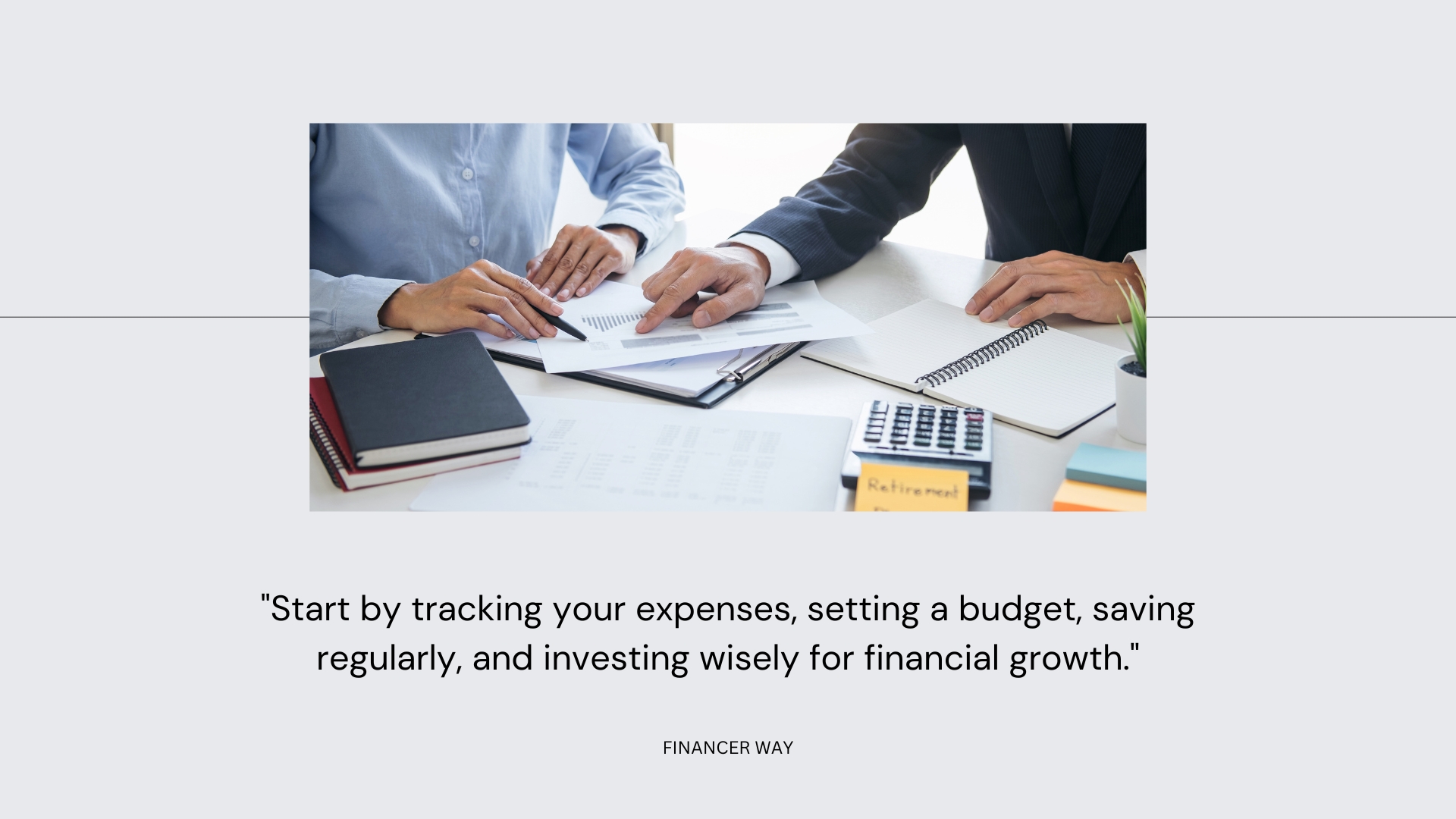“Learn how to improve your money management skills with practical tips and strategies. Create a budget, pay off debt, and invest for the future to achieve financial stability.”
Effective money management is an important aspect of achieving financial stability and security. This includes making smart financial decisions, budgeting, saving, investing, and avoiding debt. In this article, we’ll give you practical tips and strategies to help you manage your money better.
1. Keep track of your expenses
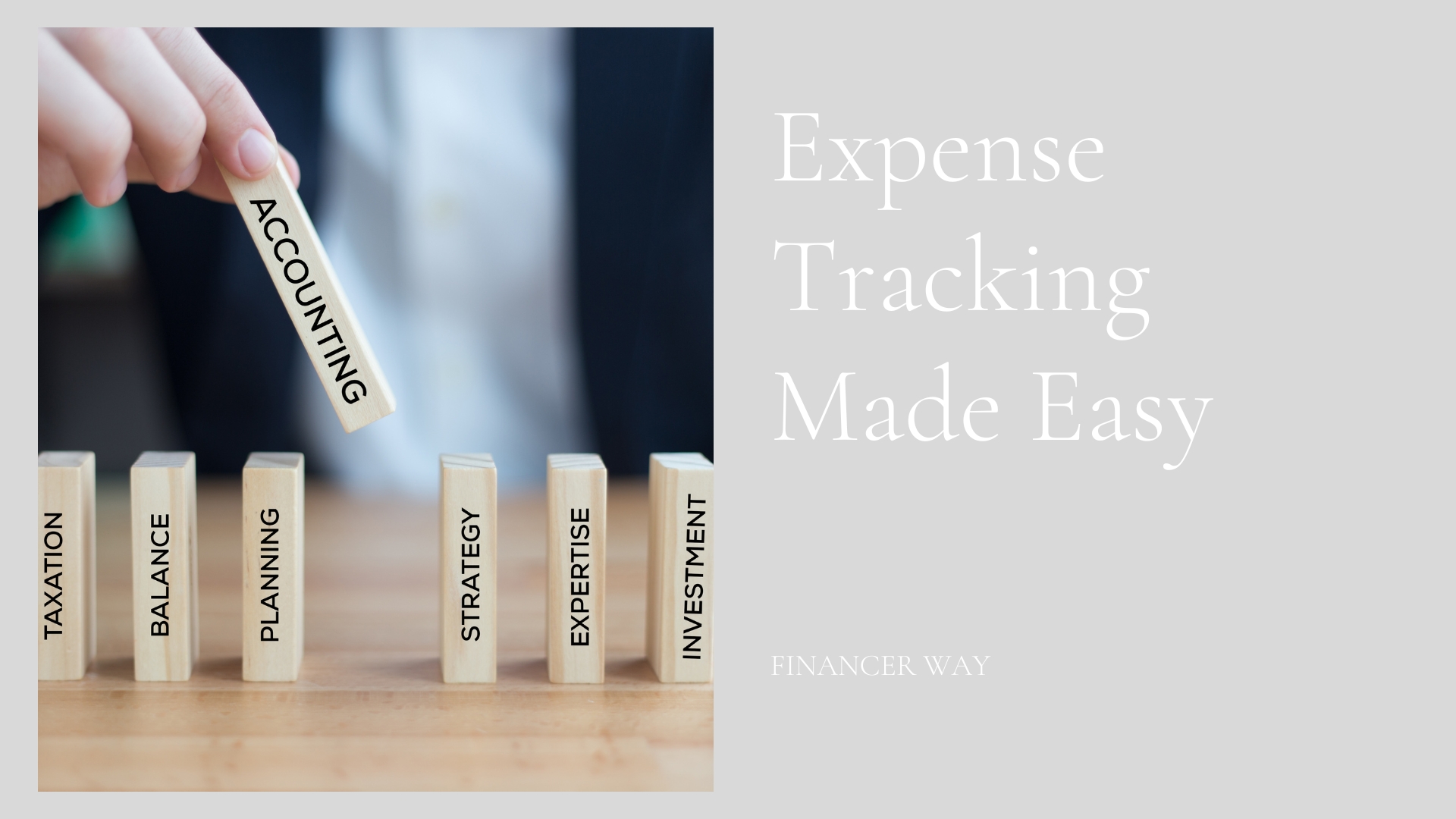
Understanding where your money goes is the first step to money management it effectively. Keep track of all your expenses, including small purchases like coffee or snacks. You can use a budgeting app, spreadsheet, or even just a notebook to track your expenses.
2. Create a budget
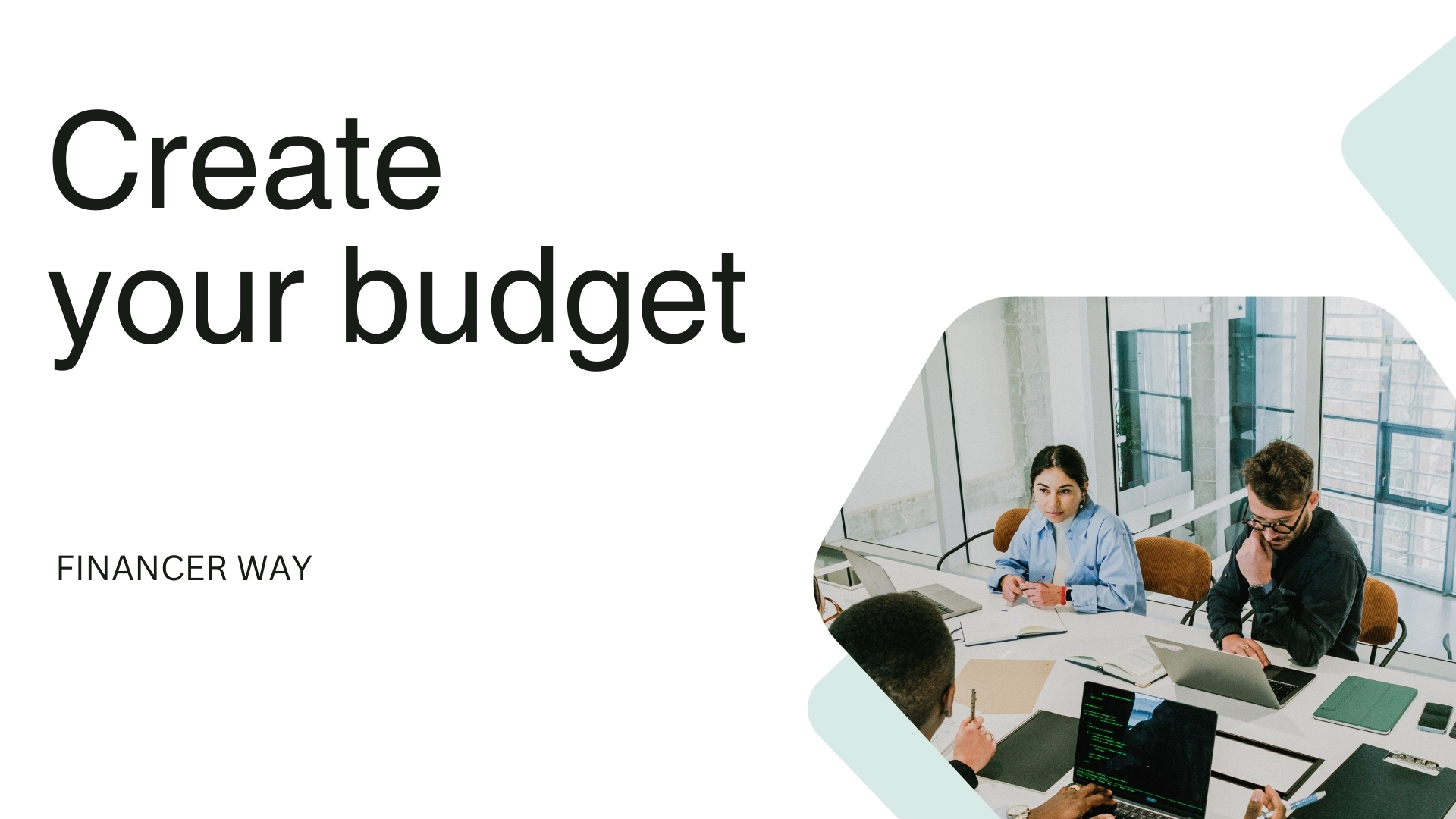
Once you understand your spending habits, create a budget that works for you. Allocate your income into categories such as housing, transportation, food, entertainment and savings. Be sure to include a category for emergency funds.
3. Prioritize needs over wants

Distinguish between necessary expenses and discretionary expenses. Prioritize needs like rent/mortgage, utilities, and groceries over needs like food or entertainment.
4. Pay off high-interest debts
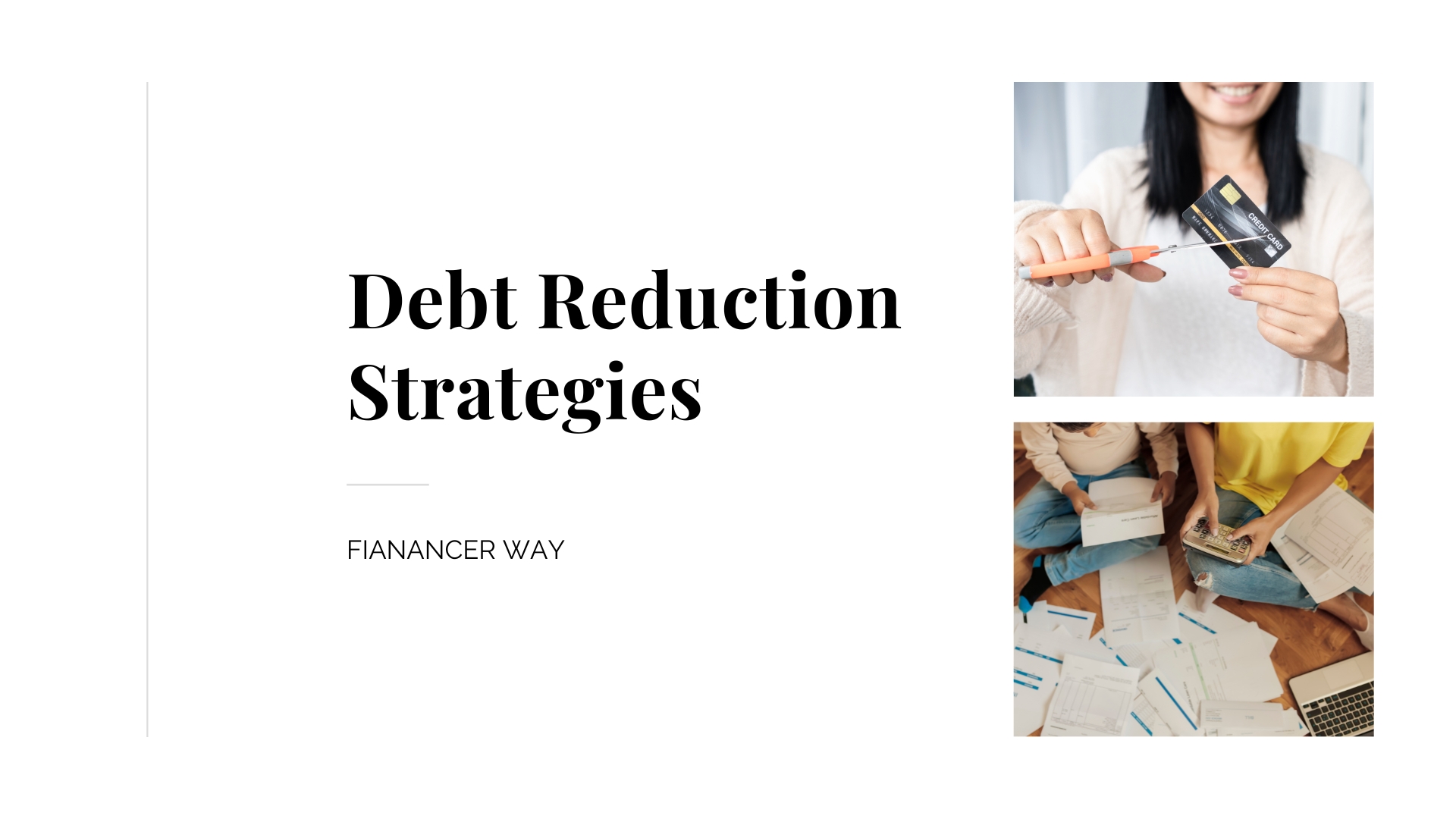
Focus on paying off high-interest debt, such as credit card balances, as quickly as possible. Consider consolidating debt into a low-interest loan or credit card.
5. Build an emergency fund
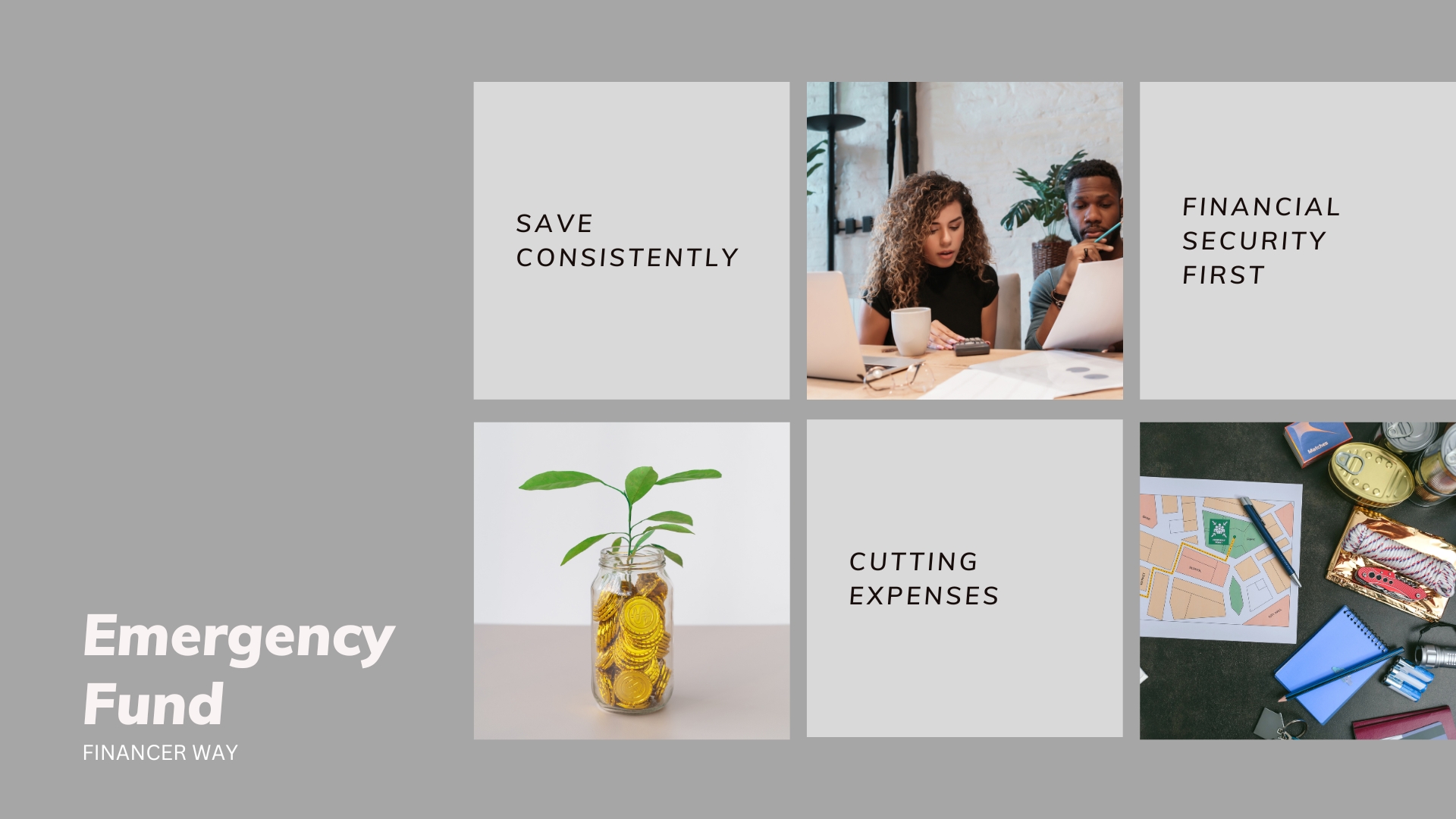
Aim to save 3 to 6 months of expenses in an easy-to-access savings account. This fund will help you avoid going into debt in case of unexpected expenses.
6. Invest for the future

Consider contributing to a retirement account like a 401(k) or RRSP, and take advantage of any employer matching. You can also explore other investment options, such as a tax-free savings account (TFSA) or a brokerage account.
7. Avoid the lifestyle

As your income increases, avoid the temptation to expand your lifestyle by spending more on luxuries. Instead, funnel the extra money into savings and paying down debt.
8. Get informed
Continue learning about personal finance and money management. Read books, articles and blogs and seek advice from financial experts when necessary.
9. Avoid impulse purchases
Practice delayed gratification and think twice before making impulse purchases. Ask yourself if they fit your financial goals.
10. Check and adjust
Periodically review your budget and spending habits to identify areas for improvement. Adjust your strategy as necessary to stay on track with your financial goals.
Conclusion
money management effectively takes time, effort and discipline, but the benefits are worth it. If you follow these tips and stay committed to your financial goals, you will be well on your way to achieving financial stability and security. Remember to be patient, stay informed, and celebrate your progress!
Frequently Asked Questions (FAQ)
Q: Why is money management important?
Answer: Effective money management helps you achieve financial stability, reduces stress and helps you achieve your long-term goals.
Q: How do I start tracking my expenses?
Answer: Use a budgeting app like Mint, Personal Capital, or Excel to record your transactions. You can also keep a notebook or use a spreadsheet.
Q: What is the 50/30/20 rule?
A: Allocate 50% of your income to essential expenses (housing, utilities, groceries), 30% to discretionary expenses (entertainment, hobbies) and 20% to savings and debt payments.
Q: How much emergency fund do I need?
Answer: Try to keep 3-6 months of expenses in an easily accessible savings account.
Q: What is the best way to repay the loan?
Answer: Focus on high-interest debt first, consider debt consolidation and pay more than the minimum payment.
Q: How do I start investing?
A: Find a low-cost index fund, ETF, or robo-advisor. Consider contributing to a retirement account like a 401(k) or RRSP.
Q: What is the difference between budget and expenditure plan?
Answer: A budget is a plan for how you want to allocate your money, while a spending plan outlines specific steps to be taken to achieve your financial goals.
Additional Resources
Books:
- “Total Mini Makeover” by Dave Ramsey.
- “Your Money or Your Life” by Vicky Robin and Joe Dominguez.
- “The Automatic Millionaire” by David Bach.
Application:
- Uttam
- Personal Capital
- YNAB
